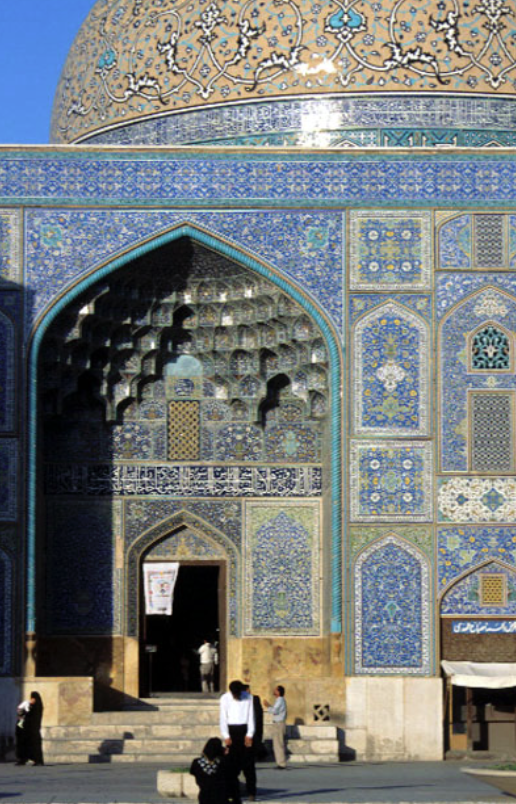#manuscripts #ShiiLaw this is a collection of the works of Shaykh Luṭfullāh al-Maysī (d. 1032/1622) MS Kitābkhānah-yi Burūjirdī in Qum 255 1/ 

Shaykh Luṭfullāh was a jurist in the age of Shāh ʿAbbās and is perhaps best known to posterity through his mosque in the Maydan-e naqsh-e jahān in #Isfahan archnet.org/sites/1623 2/ 

Shaykh Luṭfullāh was born in Mays in Jabal ʿĀmil (southern Lebanon) and migrated with his grandfather Ibrāhīm to the Safavid realms and #Mashhad where he studied and where he was appointed briefly as a custodians of the endowments associated with the shrine 3/
He moved to Qazwin and then Isfahan with the Shah and was put in charge of the endowments there - the mosque was completed in 1616 and a bit earlier the famous madrasa which was a major centre of teaching and leaning in #Safavid #Isfahan 4/
This manuscript (131 folios) contains 17 treatises on various issues mainly within #ShiiLaw but perhaps the most interesting aspect is the endorsement at the end by Mīr Dāmād (d. 1040/1631) dated 1020/1611 5/ 

Mīr Dāmād was like Shaykh Luṭfullāh one of the close confidants of Shāh ʿAbbās and through his maternal lineage also an ʿĀmilī from Lebanon - and later he became the Shaykh al-islām of #Isfahan for the last few years of his life 6/
What this manuscript shows is the phenomenon of the taqrīẓ which I guess nowadays we might call an endorsement that one finds in blurbs at the back of a book or on the fly sheet or prefaces endorsing a book 7/
These were common in the #Safavid period and tell us something about the networks of intellectual exchange and relationships - Shaykh Luṭfullāh probably did not need it but it shows that Mīr Dāmād was arguably the most important #Shii jurist of that time in Isfahan 8/
• • •
Missing some Tweet in this thread? You can try to
force a refresh
















